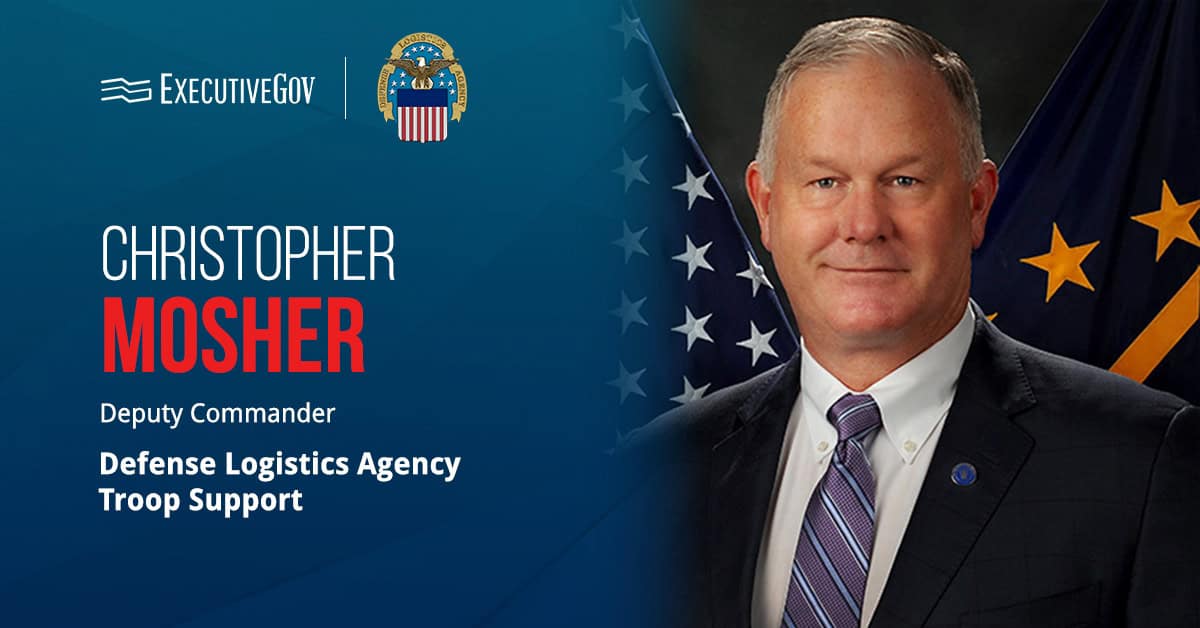
The U.S. Air Force and the Department of Defense’s joint community held a workshop to discuss potential methods of operating under austere locations to maintain tactical command and control support functions.
Led by CyberWorx Director Bill Waynick, the workshop seeks to study and address gaps in line with meeting Agile Combat Employment requirements, USAF said Wednesday.
“What we need is adaptable and resilient equipment to meet the needs of the mission whether it be a large air base, (intelligence, surveillance and reconnaissance), launch and recovery element, logistics node or (liaison officer) at an embassy,†said Waynick.
Waynick noted that the service branch will utilize the workshop’s findings to secure support in achieving tactical communication standards.
“It will make us more adaptable and resilient to meet the variety of current and emerging threats,†added Waynick.





